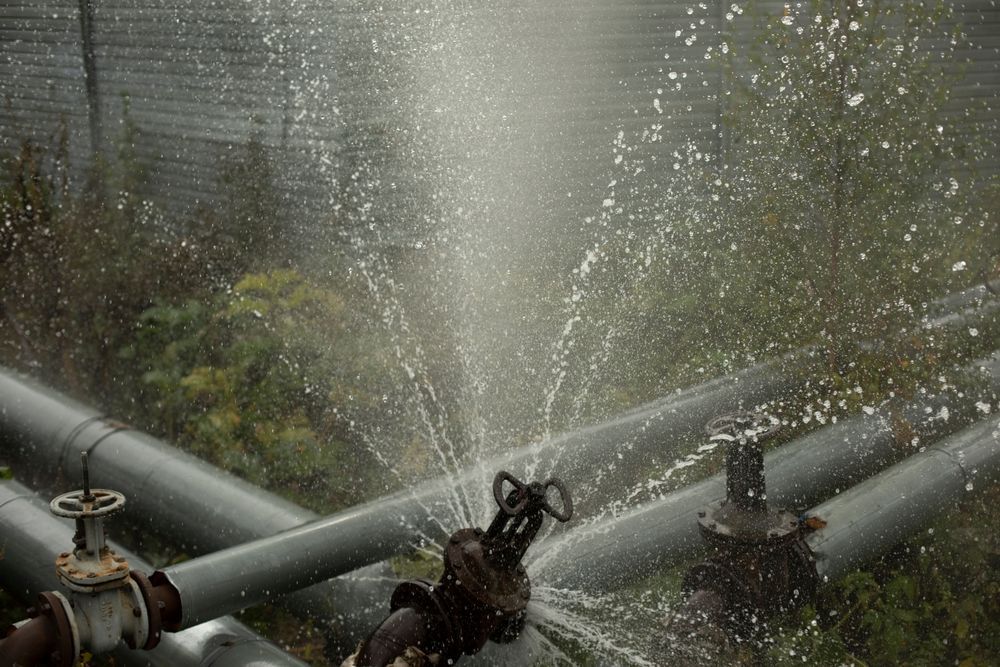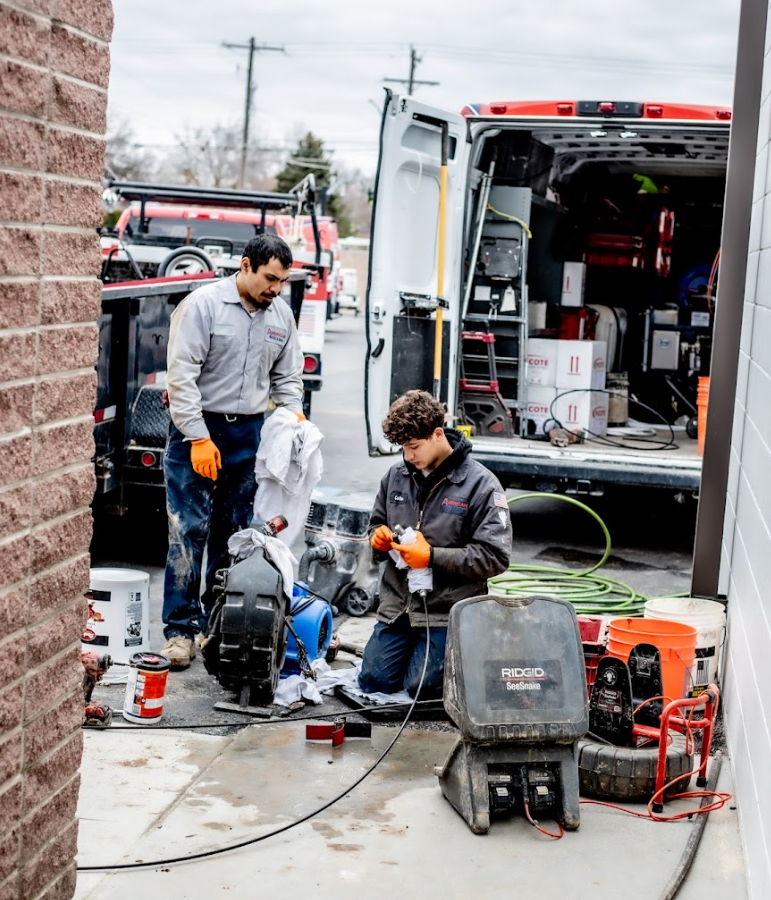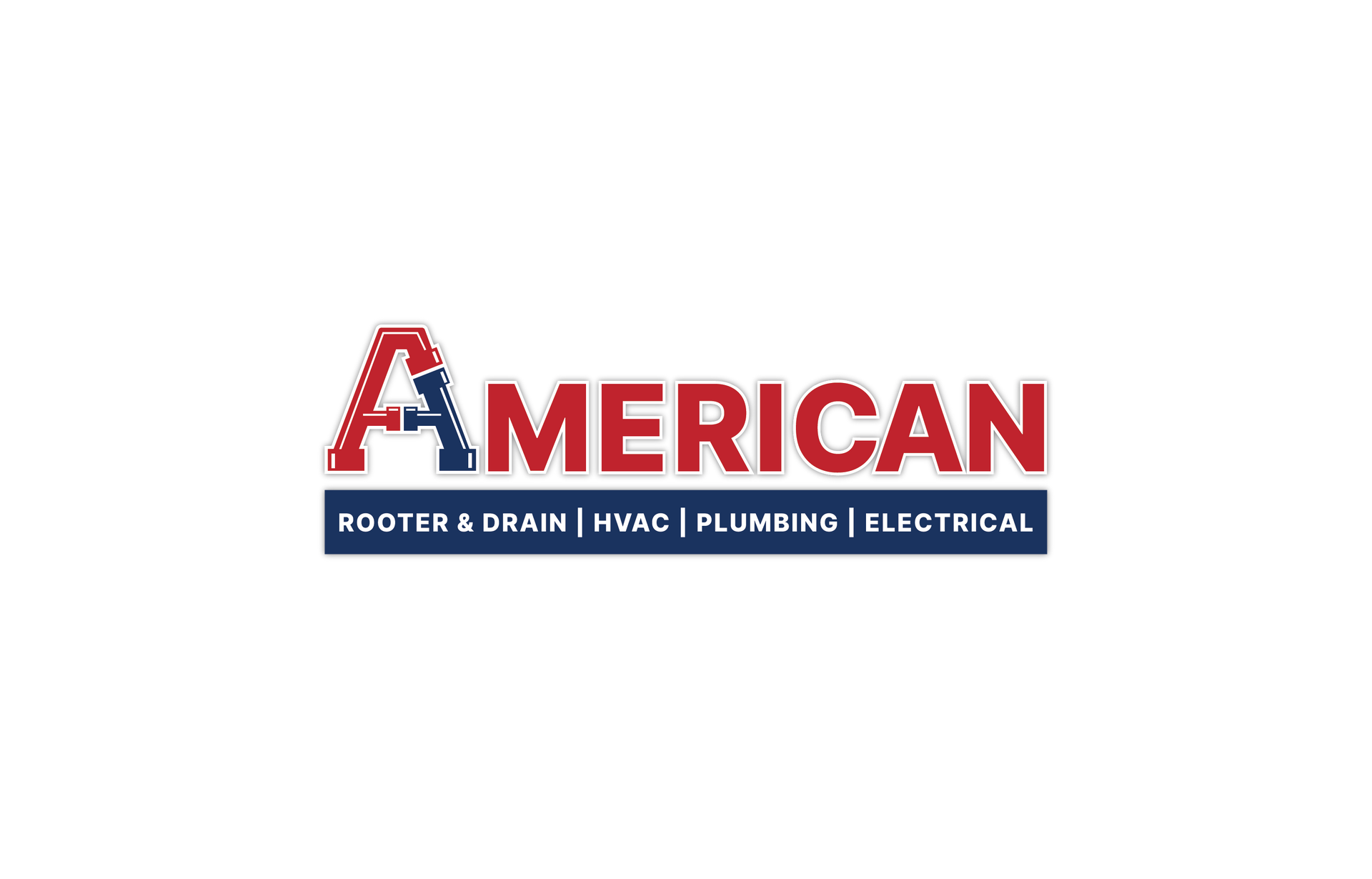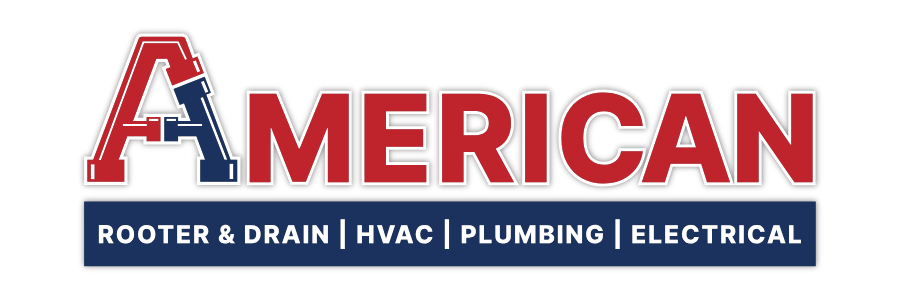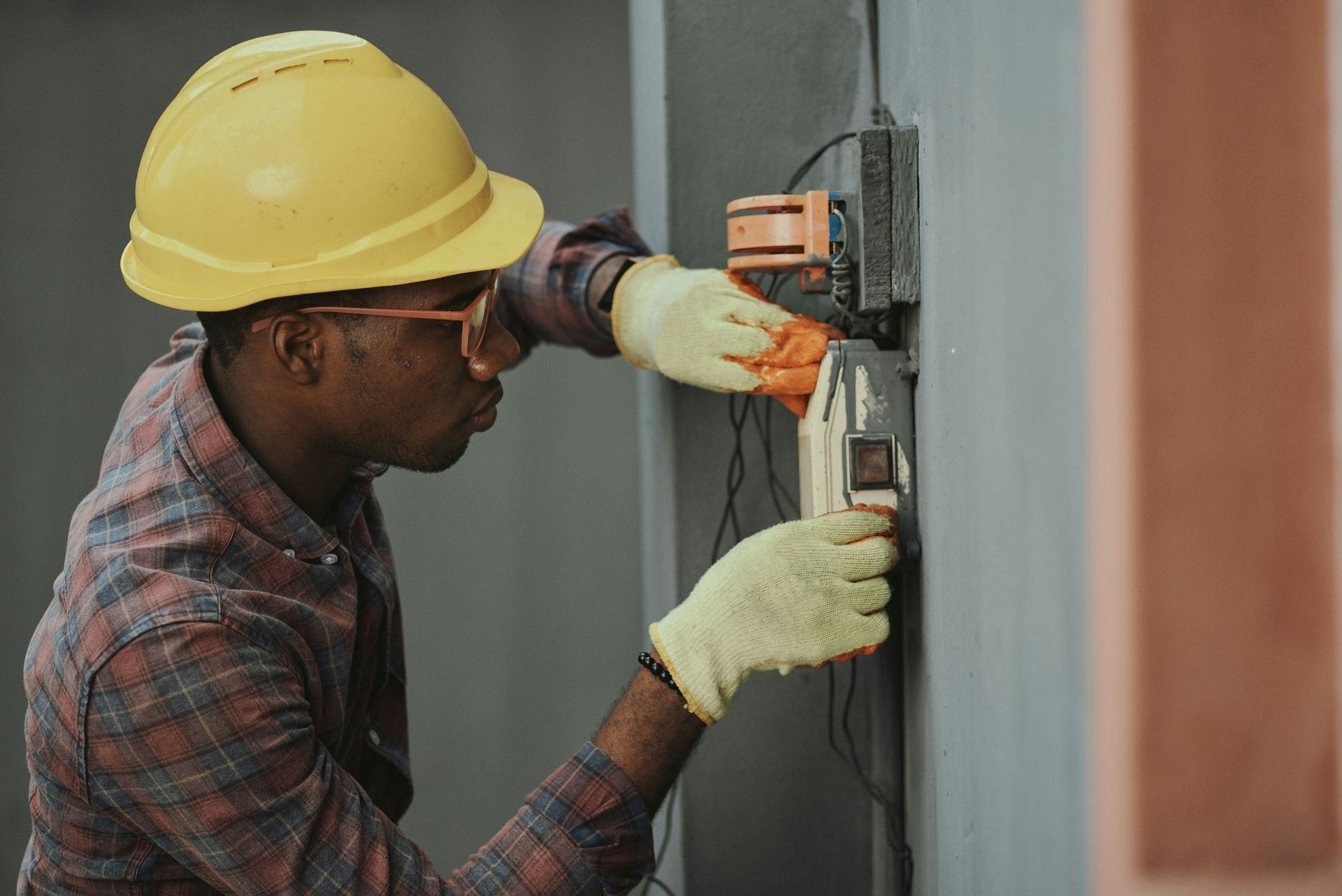By Ana Deusanti
•
August 6, 2025
When it comes to creating a comfortable indoor environment, the role of an HVAC contractor is crucial. Whether you’re building a new home, renovating a commercial space, or simply upgrading your current system, having a trusted expert by your side ensures your heating, ventilation, and air conditioning needs are met with precision. At American Rooter & Drain, we pride ourselves on delivering comprehensive HVAC solutions that cover every aspect of your system’s lifecycle, from installation to ongoing maintenance. What Does an HVAC Contractor Do? An HVAC contractor is more than just a technician who fixes your air conditioner when it breaks down. This professional is trained and certified to handle every phase of your HVAC system’s journey. From the initial design and installation to routine maintenance and emergency repairs, an HVAC contractor ensures your system operates efficiently and safely year-round. A reputable HVAC contractor like American Rooter & Drain brings a wealth of experience to each project. Our team understands the unique climate challenges faced by Idaho residents and businesses, and we tailor our services to provide optimal comfort, energy efficiency, and reliability. The Importance of Professional HVAC Installation Proper installation is the foundation of any successful HVAC system. When you choose American Rooter & Drain as your HVAC contractor, you’re investing in quality workmanship and attention to detail. Our experts assess your property’s specific needs, recommend the right size and type of system, and ensure every component is installed according to industry standards. A poorly installed HVAC system can lead to higher energy bills, frequent breakdowns, and even safety hazards. That’s why our HVAC contractor team follows a meticulous process, from load calculations and ductwork design to equipment placement and system testing. We don’t just install a unit—we create a customized climate solution that fits your lifestyle or business operations. HVAC System Upgrades and Replacements As technology advances, so do the options for heating and cooling your space. If your current system is outdated or struggling to keep up, our HVAC contractor services include system upgrades and replacements. We help you navigate the latest energy-efficient models, smart thermostats, and eco-friendly solutions. Choosing the right upgrade can significantly reduce your energy consumption and improve indoor air quality. Our HVAC contractor team will walk you through the pros and cons of each option, ensuring you make an informed decision that aligns with your budget and comfort goals. Routine Maintenance: The Key to Longevity Once your system is up and running, regular maintenance is essential to keep it performing at its best. As your dedicated hvac contractor Caldwell , American Rooter & Drain offers comprehensive maintenance plans designed to catch small issues before they become big problems. Our technicians perform thorough inspections, clean vital components, replace filters, and check for any signs of wear and tear. Routine maintenance not only extends the lifespan of your HVAC system but also helps maintain consistent comfort and air quality. Our HVAC contractor team schedules maintenance visits at your convenience, minimizing disruption to your daily routine while maximizing system efficiency. Emergency Repairs and Troubleshooting Even with the best care, HVAC systems can experience unexpected issues. That’s where having a reliable HVAC contractor truly pays off. At American Rooter & Drain, we understand that heating or cooling emergencies can happen at any time. Our team is equipped to handle urgent repairs quickly and effectively, restoring comfort to your home or business. From strange noises and uneven temperatures to complete system failures, our HVAC contractor experts diagnose problems accurately and provide lasting solutions. We stock a wide range of replacement parts and use advanced diagnostic tools to get your system back on track as soon as possible. Custom Solutions for Residential and Commercial Clients Every property has unique heating and cooling requirements. Our HVAC contractor services are tailored to meet the specific needs of both residential and commercial clients. Whether you’re looking to create a cozy home environment or maintain optimal conditions in a large office building, American Rooter & Drain has the expertise to deliver. Our HVAC contractor team works closely with homeowners, property managers, and business owners to design, install, and maintain systems that provide reliable performance and energy savings. We understand the importance of minimizing downtime and maximizing comfort, no matter the size or complexity of the project. Energy Efficiency and Indoor Air Quality Modern HVAC systems do more than just regulate temperature—they play a vital role in maintaining indoor air quality and energy efficiency. As your trusted HVAC contractor, American Rooter & Drain offers solutions that help you breathe easier and save money on utility bills. We recommend high-efficiency equipment, advanced filtration systems, and smart controls that allow you to monitor and adjust your indoor environment with ease. Our HVAC contractor team stays up to date with the latest industry trends and technologies, ensuring you benefit from the best solutions available. Preventive Maintenance Plans One of the best ways to protect your investment is through a preventive maintenance plan. American Rooter & Drain offers customizable plans that include regular inspections, priority service, and discounts on repairs. Our HVAC contractor team will work with you to develop a schedule that fits your needs and budget. Preventive maintenance helps identify potential issues early, reducing the risk of costly breakdowns and extending the life of your system. It also ensures your HVAC system operates at peak efficiency, keeping your energy bills in check and your indoor environment comfortable year-round. The Value of Experience and Certification When choosing an HVAC contractor, experience and certification matter. American Rooter & Drain employs skilled professionals who are trained in the latest techniques and safety standards. Our team holds the necessary licenses and certifications to perform all aspects of HVAC work, giving you peace of mind that your system is in capable hands. We believe in ongoing education and training, ensuring our HVAC contractor team is always prepared to tackle new challenges and deliver the highest level of service. Building Long-Term Relationships At American Rooter & Drain, we view every project as the beginning of a long-term relationship. Our HVAC contractor services are designed to support you throughout the life of your system, from the initial installation to ongoing maintenance and eventual replacement. We take the time to understand your needs, answer your questions, and provide honest recommendations. Our goal is to be your go-to HVAC contractor for years to come, delivering consistent quality and value with every visit. For more information or to schedule a service, visit American Rooter & Drain at https://www.idahosplumber.com/ . Our team is ready to help you achieve year-round comfort and peace of mind. American Rooter & Drain 1005 Commercial Way, Caldwell, ID 83605, United States (208) 402-8033 https://www.idahosplumber.com/
